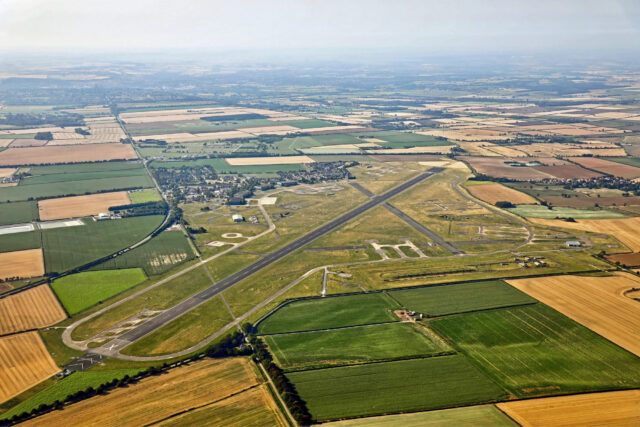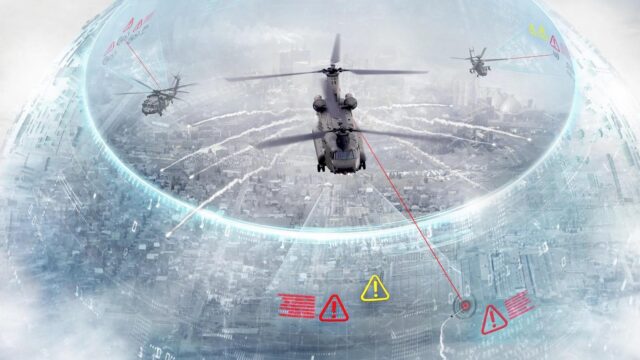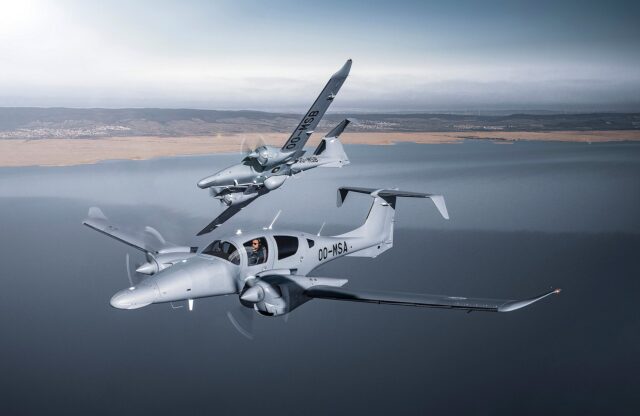
ZeroAvia has been selected by AFWERX, innovation arm of the US Air Force, to conduct a feasibility study into the defence applications of an autonomous, hydrogen-powered Cessna Caravan. The aircraft aims to leverage hydrogen’s key attributes including high energy density, reduced noise and low thermal signature.
Through the AFWERX Small Business Innovation Research grant, ZeroAvia will conduct a feasibility study “focused on integrating hydrogen propulsion into Cessna Caravan aircraft alongside advanced aircraft automation technology,” explained ZeroAvia.
California-based autonomous flight operation specialists Reliable Robotics will work with ZeroAvia to explore flight systems for the 8,000lbs aircraft; which, if flown, will become the world’s first remotely-operated hydrogen-powered aircraft.
The choice of the Textron-manufactured Caravan draws upon ZeroAvia’s existing work with the airframe, which will be the first aircraft to be retrofitted with ZeroAvia’s proprietary ZA600 600kW hydrogen-electric powertrain. ZeroAvia is currently advancing certification of the ZA600 with civil regulators, having received certification basis from the FAA last month. The ZA600 is expected to enter service in 2026 onboard the Caravan via a supplemental type certificate.
However, whilst the beneficial environmental attributes of hydrogen fuel sources are well understood within the commercial sector, it can also be of specific additional use to military missions. “Reduced engine noise and low thermal signature” (as compared to a traditional thermal powerplant) significantly reduces the aircraft’s detectability, explained ZeroAvia.
Additionally, the ability to create hydrogen at the point of refuelling (assuming a ready supply of electricity and water) “dramatically simplifies fuel logistics – a critical consideration for any defence applications,” ZeroAvia continued. The company has previously indicated that an aircraft the size of a Cessna Caravan (with fuel for a 250nm range) would need around 60kg of hydrogen, which would take around 20 minutes to refuel in optimum commercial service. However, hydrogen’s high energy density allows for a potential maximum range of over 2,000nm in an autonomous aircraft of this type.
No timeline has yet been set for the study, which nevertheless pledges to explore the “integration, potential and operational impacts of strategically important technologies in the shape of autonomy and fuel cells” – potentially opening the door to other hydrogen-powered defence-focused aircraft in the future.
















